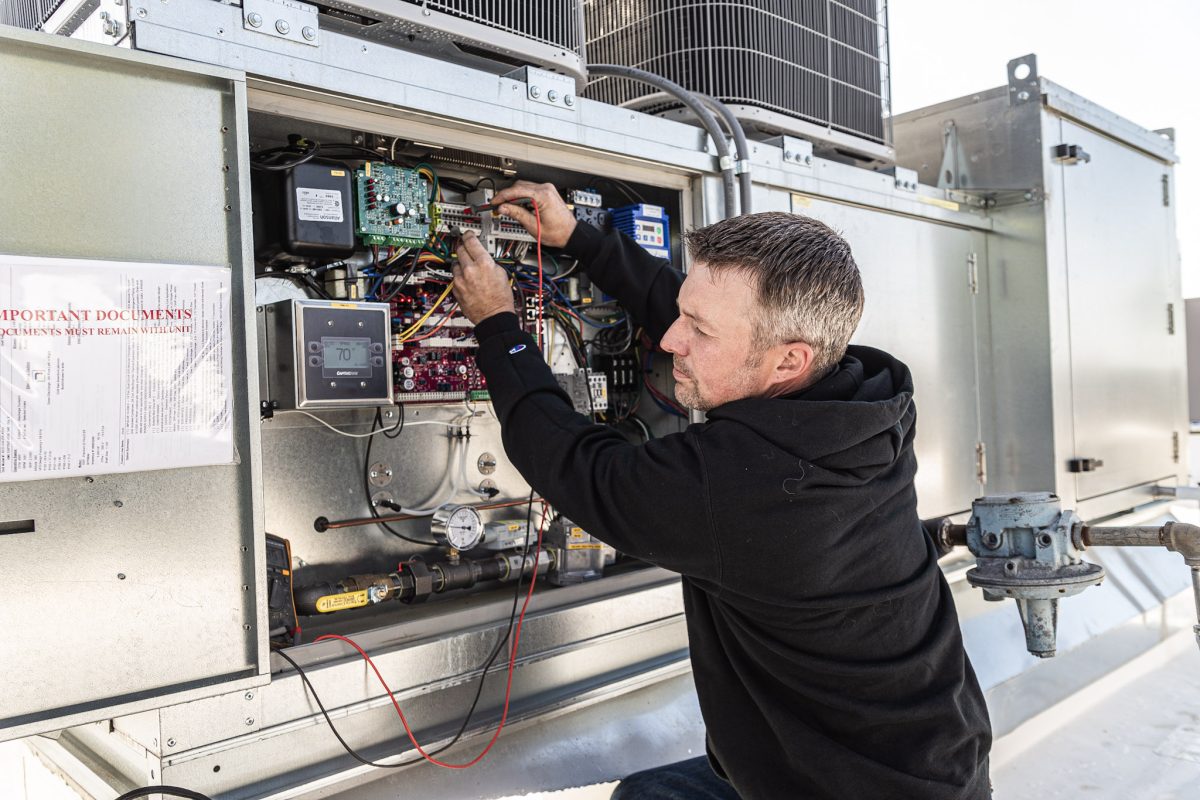As winter fades and warmer temperatures approach, now is the perfect time to ensure your HVAC system is ready for seasonal changes. A properly maintained heating and cooling system keeps your home or business comfortable and helps improve energy efficiency, reduce repair costs, and extend the life of your equipment. At Altemp Mechanical, we recommend a few key steps to prepare your HVAC system for the transition from winter to spring and summer.
- Replace or Clean Air Filters
Changing or cleaning your air filters is the most straightforward yet crucial maintenance task. Over the winter, filters accumulate dust, pet dander, and other debris, restricting airflow and reducing efficiency. Replacing your air filters ensures your system runs smoothly and helps improve indoor air quality.
- Inspect and Clean Your Outdoor Unit
If you have a central air conditioning system, the outdoor condenser unit may have collected dirt, leaves, or debris during winter. Before turning on your AC for the first time, clear away any obstructions around the unit and gently clean the coils to ensure optimal airflow.
- Check Your Thermostat Settings
As temperatures rise, you’ll likely need to switch from heating to cooling mode. Take this opportunity to test your thermostat and adjust the settings for energy efficiency. If you have a programmable or smart thermostat, set it to optimize cooling during the warmer parts of the day while saving energy when you’re away.
- Schedule a Professional HVAC Tune-Up
Routine professional maintenance is key to keeping your system running at peak performance. A seasonal HVAC inspection includes:
- Checking refrigerant levels
- Inspecting electrical connections
- Cleaning coils and components
- Testing system efficiency
Scheduling a professional tune-up with Altemp Mechanical before summer arrives can help prevent unexpected breakdowns and costly emergency repairs.
- Inspect and Seal Ductwork
Leaky or damaged Ductwork can lead to significant energy loss and uneven cooling. Inspect your ducts for visible wear or leaks and seal them as needed to improve efficiency. A professional inspection can also identify hidden issues that may be affecting airflow.
- Ensure Proper Ventilation
Blocked or closed vents can cause strain on your HVAC system and reduce efficiency. Ensure all vents are open and free from obstructions to allow proper air circulation throughout your home or building.
Prepare Now for a Comfortable Summer
These steps will help prepare your HVAC system for the warmer months ahead. At Altemp Mechanical, we provide expert HVAC maintenance, repairs, and installations to keep your system running efficiently year-round. Contact us today to schedule your spring HVAC tune-up and ensure a cool, comfortable summer!

